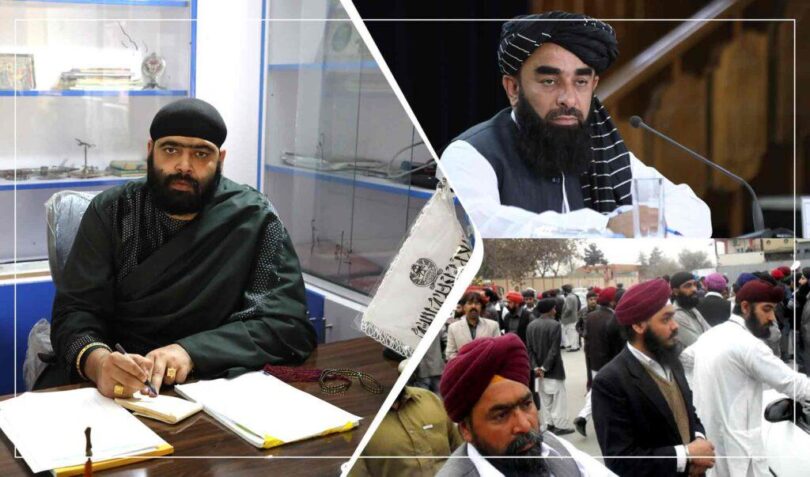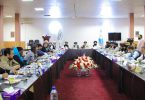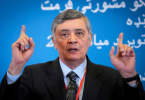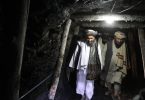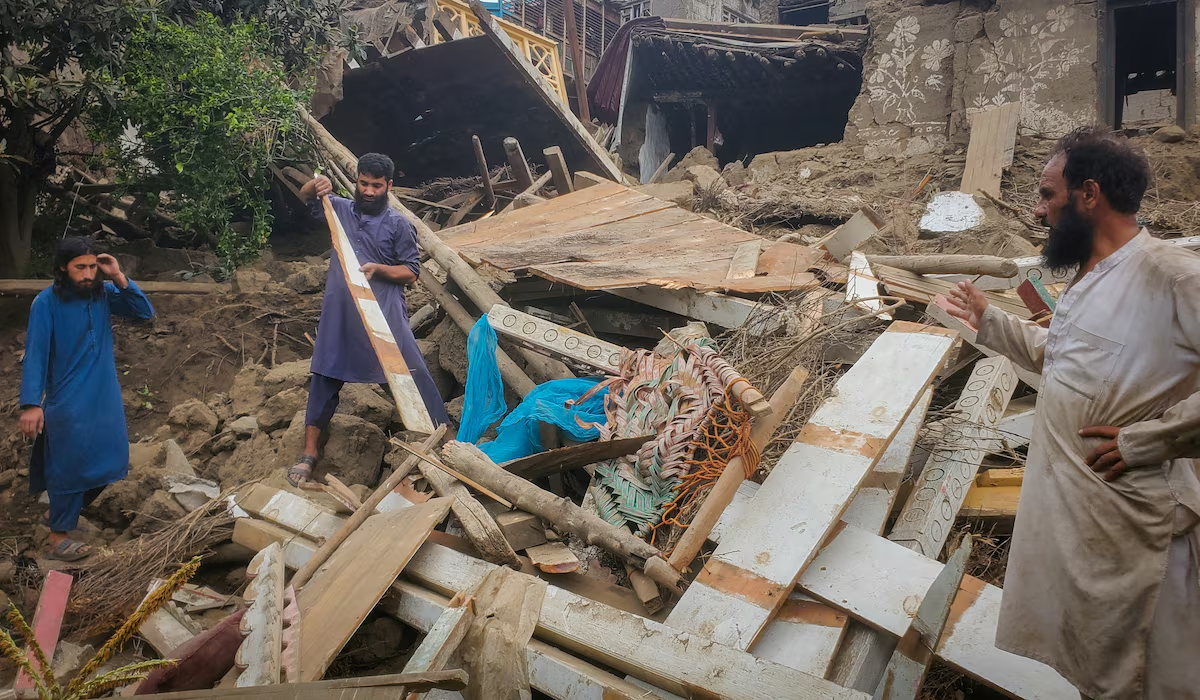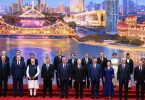KABUL (Pajhwok): A representative of the Hindu and Sikh community in Afghanistan, stating that their living conditions are now “better and safer than in the past,” has called for the restitution of their usurped properties.
The Islamic Emirate, while supporting their rights, also said that in case of such problems, with referral to the relevant authorities, “extraordinary cooperation” will be provided.
Some reports indicate that in the 1970s, it was estimated that around 700,000 Hindus and Sikhs lived in Afghanistan. This number dropped to about 220,000 in the 1980s and by late 2021, reduced to around 150 people.
Manjeet Singh Lamba, representative of the Hindus and Sikhs in Afghanistan, confirming that previously around 700,000 Hindus and Sikhs lived in the country, said that due to war and insecurity most of them left, and by 2021 only 170 families remained in Afghanistan.
He added that the majority of these families left by the end of that year after Canada granted them visas.
According to him, after the re-establishment of the Islamic Emirate of Afghanistan and the announcement by the Ministry of Justice regarding the restitution of seized properties, a number of Hindus have returned to reclaim their properties and invest in the country.
Lamba, who himself is among those who returned from India, says that currently around 100 Hindus and Sikhs live in Afghanistan, and if India resolves their visa issues, more families will return to the country, since security problems are now resolved.
He added: “Our living conditions are now much better and safer than before, and we live in Afghanistan in a peaceful environment without ethnic discrimination.”
According to him, Hindus living in Afghanistan this year celebrated their Vaisakhi festival in Kabul, Nangarhar and several other provinces in a secure environment.
He added: “On the day of Vaisakhi, the forces of the Islamic Emirate cooperated with us to ensure the security of the ceremony, and we are grateful for the support of the Islamic Emirate.”
Manjeet Singh Lamba said: “Everyone knows that we are harmless people; we do not interfere with anyone, we have nothing to do with politics, we are only busy with our work and livelihood. But in the past, our elders left the homeland because of excessive harassment: people used to come to their shops, extort them, and cause them problems. But now, thanks to God, the Islamic Emirate has come, no one interferes with anyone, and we are living peacefully.”
Without providing details, he said that in the past four decades, and before the return of the IEA, the lands, houses and shops of Hindus and Sikhs in Afghanistan were “excessively” usurped.
Lamba said: “Our elders from the UK, Canada and Australia have returned to Afghanistan to invest in various sectors. They say, ‘We are from Afghanistan, we want to invest in our homeland.’”
Calling the usurpation of their properties the main problem, he urged the IEA to help in restoring their lands and seized assets.
He proposed that a special committee or court be established for the restitution of the Hindu and Sikh community’s properties.
Zabihullah Mujahid, chief spokesman for the IEA, told Pajhwok: “The Islamic Emirate of Afghanistan addresses the rights of all Hindus in the country. If they submit their cases, God willing, cooperation will be provided.”
He added: “We want our Hindu compatriots to refer their cases regarding restitution of their lands, temples, and other properties, if lost, to the relevant authorities. Extraordinary cooperation will be provided to them and greater attention will be paid to their rights. The government has the duty to protect the rights of all citizens, to address their problems, and to meet their needs.”
Regarding the Hindu community’s visa issues, Mujahid said: “The Islamic Emirate of Afghanistan strives to protect the rights of its citizens, and particularly our Hindu and Sikh compatriots who are returning to the country—we welcome them to return and live peacefully. God willing, their lives, their property, and their dignity will be protected.”
He added that regarding travel and movement, facilities will be provided for them like for other Afghans.
Mujahid continued: “We are in talks with various countries, and wherever Afghan citizens face visa issues for travel, we will arrange and find appropriate solutions. God willing, for Hindus as well, there will be no difference compared to other Afghans, and utmost efforts will be made to resolve their problems.”
Meanwhile, Abdul Wahid Haqqani, Head of Foreign Relations of Afghanistan’s Supreme Court, said that within Afghanistan’s judicial system, there is a single court to address the cases of all people—including Afghans, foreigners, and Ahl al-Dhimma (non-Muslims under protection)—and cases are not registered or reviewed separately.
The Head of Foreign Relations of the Supreme Court added: “In the courts, everyone is equal, and according to the principles of Islamic Sharia, the problems of all citizens of the country are addressed.”

